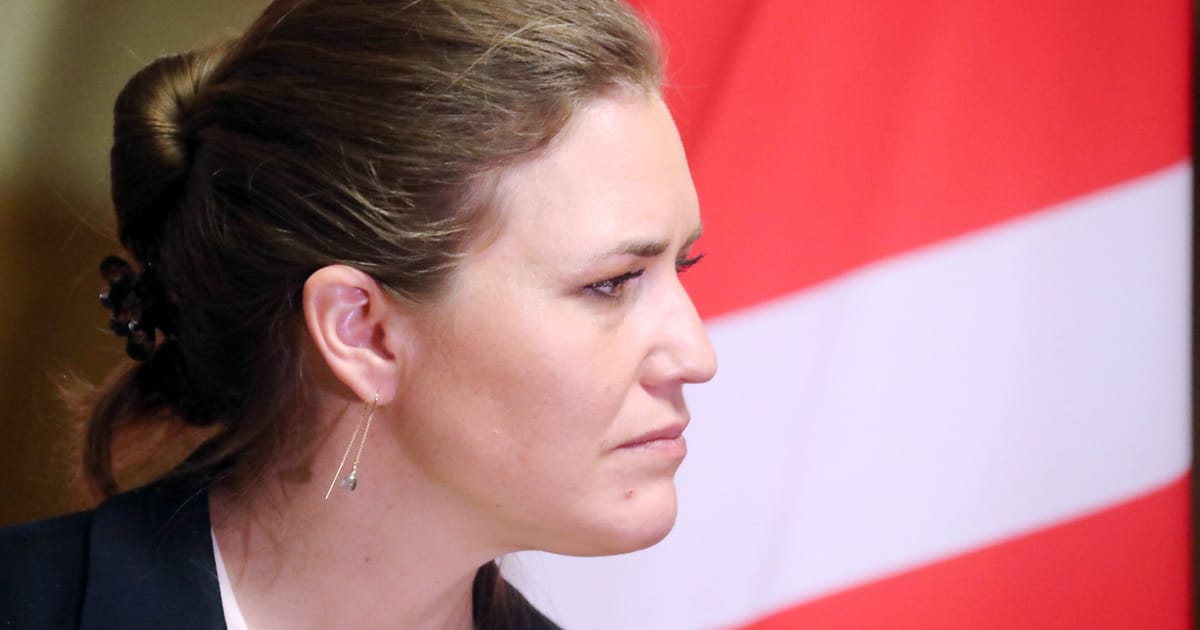

In a development that highlights ongoing tensions within the European Union, Denmark has signaled its intention to intensify proceedings against Hungary in what could potentially lead to the suspension of Hungary’s EU voting rights. This move is set against a backdrop of a larger conversation on how the EU engages with global partners, most notably China. Both episodes underscore the intricate and often challenging balance the EU must maintain in its internal and external diplomacy.
Danish European Affairs Minister Marie Bjerre announced that Denmark is committed to ramping up Article 7 proceedings against Hungary. Article 7 of the EU Treaty allows for sanctions if a member state is found to be in persistent breach of the EU’s core values. These sanctions can include the suspension of voting rights within the European Council. Bjerre’s stance reflects a growing concern within the EU about Hungary’s adherence to these principles, providing a structured path for addressing these issues within the Union’s existing legal framework. Denmark’s initiative is intended to encourage compliance with EU values and to reinforce the importance of member states adhering to their commitments.
This approach by Denmark comes at a critical time when the European Union is deliberating on its place in a rapidly shifting global landscape. This was echoed in remarks made by China’s top diplomat, Wang Yi, who called on the EU to adopt a more “active and pragmatic” policy towards China. This call signified China’s interest in seeing the EU take a stance that avoids confrontation and embraces cooperation. Wang Yi’s statements point to a desire for continued partnership and dialogue, underscoring the need for careful and considered diplomatic engagement.
While Denmark pushes for firm measures within the EU to preserve its foundational values, China’s overture serves as a reminder of the delicate diplomatic balance required on the international front. The EU’s need to address internal challenges, alongside navigating complex external relationships, highlights both the diversity and interconnectedness of issues the bloc faces. Danish Minister Bjerre’s efforts to uphold the integrity of EU values align with the broader strategic goals of ensuring coherence and unity among member states, fostering a strong and resilient European identity capable of engaging effectively on the global stage.
In this era of global interdependence, the EU’s approach to internal dynamics and external relationships must be one of thoughtful engagement, balancing firmness with diplomacy. The message from Denmark, combined with China’s diplomatic outreach, underscores the necessity for the EU to continue evolving its strategies to maintain its influence and cohesion. By addressing both internal and external challenges through dialogue and structured action, the EU can strive to uphold its values while fostering international cooperation. As these developments unfold, the broader implications for EU politics and international relations will undoubtedly continue to shape the policies and discourse within the Union.
Source: {link}
